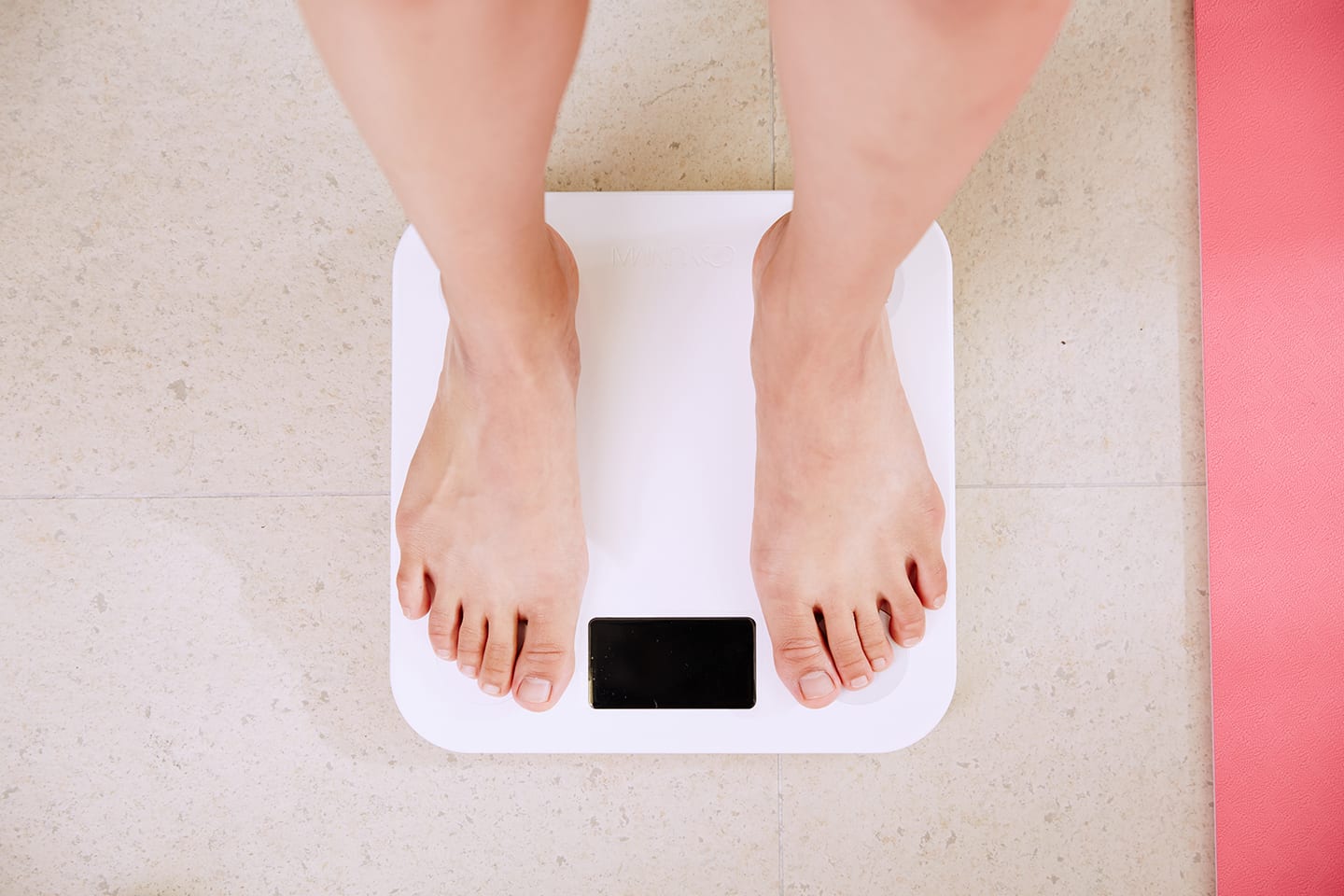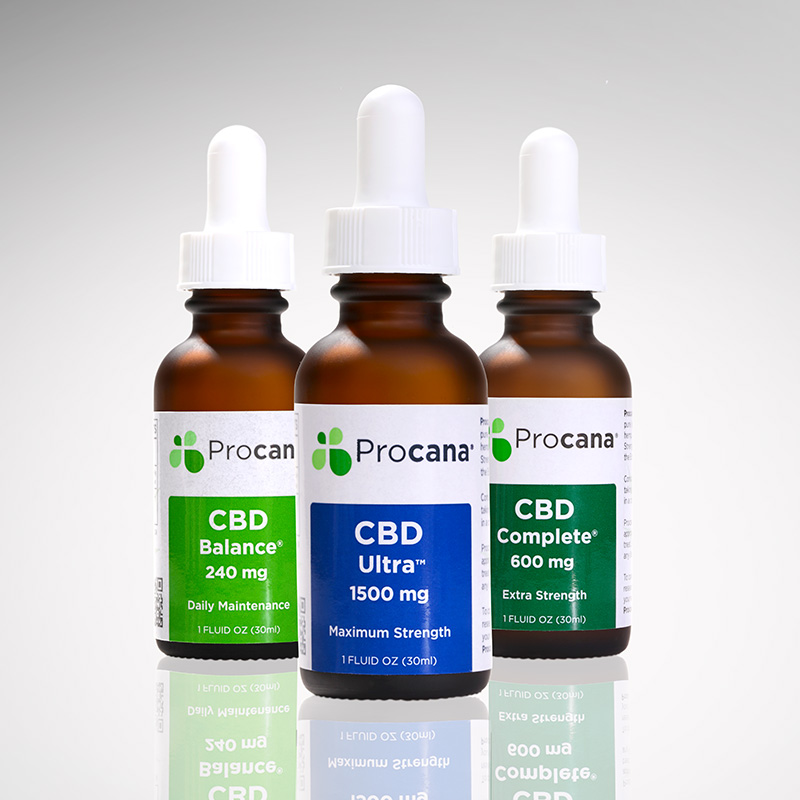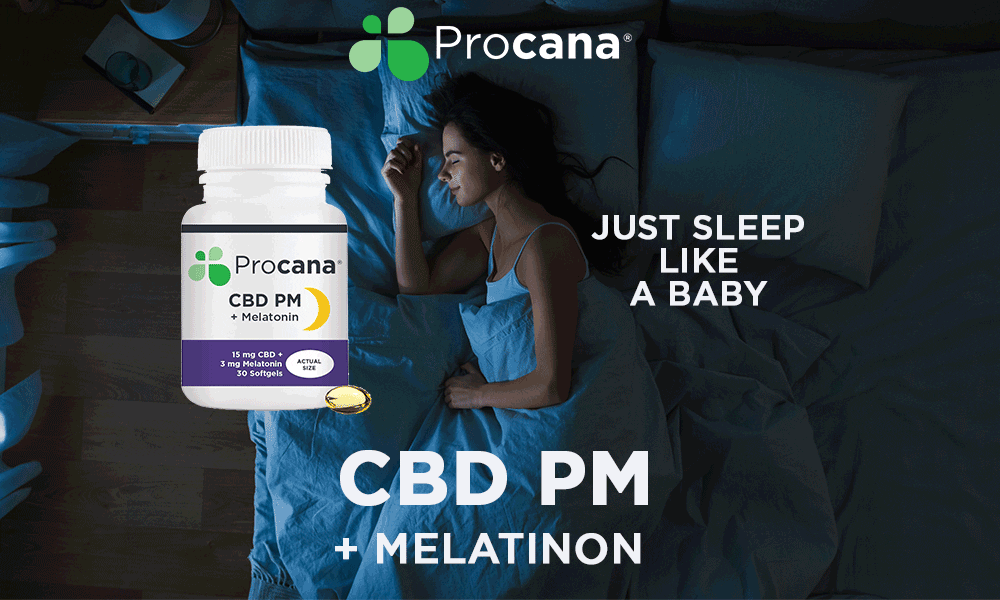Obesity is one of the major causes of several health issues. There are several reasons for obesity, such as a sedentary lifestyle, unhealthy food choices, genetics, and many more. A large number of people are trying hard for weight loss to get into shape. The weight loss journey is easy for some people, while for some folks, it seems impossible to lose weight. Such desperate souls always look for some innovative ways to lose weight. CBD may help such individuals to lose weight.
CBD is one of the cannabinoids present in the Cannabis sativa plant. It differs from THC because it does not get you high. Its non-psychoactive properties and medicinal values give it a special place among all other cannabinoids. People use CBD as a remedy for sleep issues, chronic pain and to manage mood swings. You can find a vast array of CBD products with different claims, and some have even been linked with weight loss. While the researchers are still finding out how adding CBD to your daily routine influences weight loss. Some scientific studies support its use for weight loss. Does CBD help in weight loss? How would CBD be beneficial for weight loss? What should you look for before starting CBD for weight loss? Let’s answer those questions for you right here and now.
CBD and Weight Loss
CBD affects the endocannabinoid system in the body. This system affects many bodily functions, including sleep, hunger, pain, and mood. CBD may help in weight loss due to its effects on the endocannabinoid system. This has two cannabinoid receptors, CB1 and CB2, and cannabinoids like CBD and THC affect these receptors.
CB1 receptors are mostly present in the brain and central nervous system. CB2 receptors are mainly present in the immune system. In obese people, CB1 receptors become more prevalent, especially in fatty tissue. Because of this, researchers believe that there may be a link between the presence of CB1 receptors and obesity. CBD works with other cannabinoids in synergy to potentially affect many receptors in the endocannabinoid system.
- One of the greatest benefits of CBD is its ability to increase the process of browning fat. Fat browning is the process that changes white fat tissue into brown fat tissue.
- White fat is responsible for preserving energy in the form of fat. Brown fat indicates the burning of energy. CBD will help the browning process and burn fat altogether. A study also supports this phenomenon.
- One more research explains how CBD helps the breakdown of fats in the body. The process of turning white fat cells into brown fat cells actually shows how these cells act in the body. Brown fat cells burn off energy as heat. It means that they actually burn calories. Calorie loss is important for weight loss, so CBD indirectly helps in calorie loss, leading to weight loss.
- Many people suffering from eating disorders are more inclined to gain weight. They struggle to reduce their appetite to keep their weight in control. CBD may help such people to lose or manage weight by reducing their appetite. The common misconception is that CBD might increase appetite because it is sourced from cannabis, however, isolated CBD actually is an appetite inhibitor. THC is the molecule responsible for causing increased hunger.
- According to a study, CBD affects the receptors in such a way that it may help reduce appetite and control obesity. This is because CBD interacts with the CB1 receptors as well as the CB2 receptors which are known to decrease swelling and reduce food intake, thereby possibly helping reduce obesity. But still, research is ongoing and there is much to discover about CBD and appetite manipulation.
Things to Keep In Mind
Although some initial studies support CBD and weight loss, there are a few important things to consider.
- CBD-based weight loss supplements, or drugs, are not a treatment for obesity. These weight loss supplements are not long-term replacements for a healthy diet and regular exercise. Sometimes an underlying health issue or medication can causes weight gain.
- FDA doesn’t approve any CBD product, CBD oil, or supplement for weight loss. So manufacturers sometimes mislabel or misrepresent their products. That means doing some product research and finding a quality CBD product is crucial.
- Anyone who adds CBD supplements to their weight loss plan without physical activity and healthy food choices may not see any effective results.
- It is always better to consult your doctor or health care practitioner before taking any CBD supplement for weight loss. Sometimes CBD can cause adverse reactions, or it can interact with prescribed medicines. Seek advice from your doctor to avoid any complications.
Frequently Asked Questions
Q-: How Much CBD Should I Take for Weight Loss?
Everybody is different, so CBD can affect each person differently. CBD dose may differ for every person and should be based on the person’s weight. There isn’t a standard recommendation for exactly how much CBD you should use for weight loss. If you are using CBD for the first time, then start with a low dose and gradually increase the amount over time. Read and follow the instructions written on the label to know the dose of that particular CBD product for weight loss or any other purpose.
Q-: Has The FDA Approved Any CBD-Based Supplement for Weight Loss?
No, FDA does not regulate any CBD product or supplement for weight loss. If any manufacturer makes such claims, it is invalid.
Wrapping up the Things
CBD may have the potential for weight loss, but there is less research on its mechanism and effects on the endocannabinoid system, especially for weight loss. There are few human studies and clinical trials to support the CBD’s effectiveness in weight management and weight loss. There is a need for more human studies and clinical trials to unveil the full potential of CBD for weight loss.





